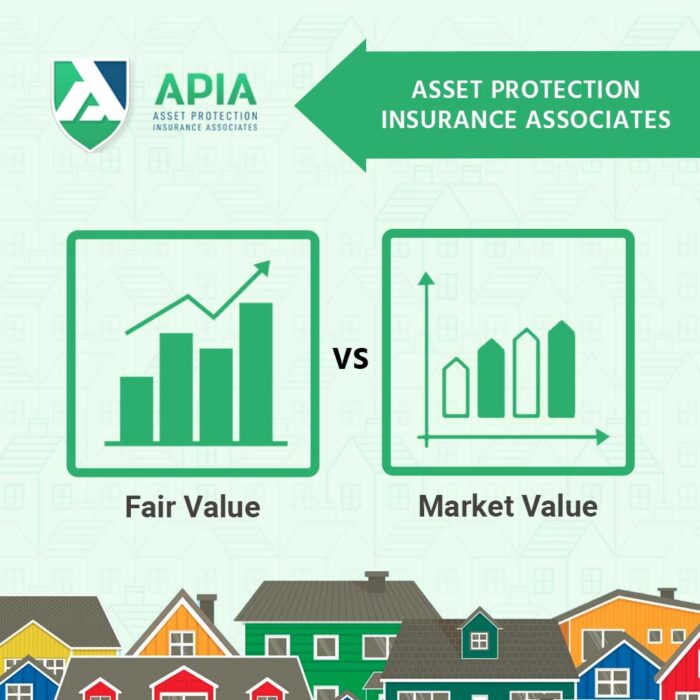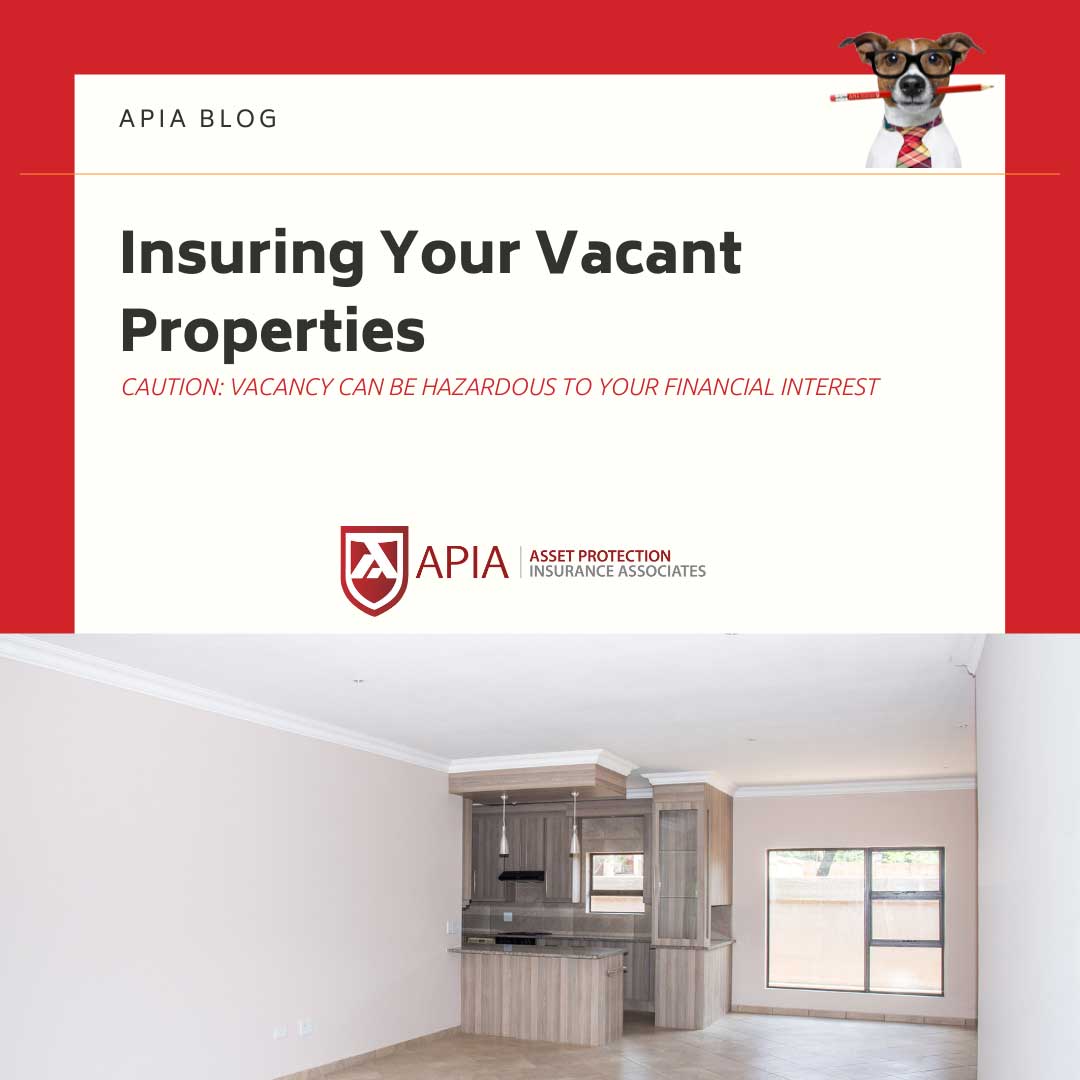
Understanding: Named vs. Additional Insured, Insurance language can be complicated. Policies contain words and phrases that can confuse. Some people don’t read their policy and may not know what’s in it. At APIA, we care about our clients. You are the one purchasing the insurance, it’s your money. We strive to ensure you know what you are paying for.
Named Insured
Named Insured is the most important name on a policy. It’s on the “declaration page”, which is the first page of an insurance policy. The named insured is the person who owns, or purchased, the policy. So, it’s vitally important to know that the Named Insured is the one who receives all the benefits of the insurance policy. They are also the person who receives funds from the policy when there is a loss. The Named Insured is covered in a liability claim.
Additional Insured
APIA policies provide property coverage and liability coverage. General Liability is coverage needed when a third-party is injured on your premises. And the additional insured relates to the liability. In a property policy, the named insured has all the benefits of the property. But in regards to liability you can have an additional insured added to the policy. Adding an additional insured protects that third party from liability. For instance, in the case of bodily injury occurring from a slip or fall.
Named vs Additional Insured
To get a better understanding of the Insurance Policy Language and the difference between the Named Insured and Additional Insured, here is an 
In this scenario, you—the named insured—and your property manager could now be liable in a lawsuit. The person caught in the bear trap and injured, does not find the joke as funny as the renter who set the traps. So he hires an attorney and sues for negligence and entrapment.
You, (the Named Insured) and the property manager, (the Additional Insured), are both named in the case. This is why it is important that your property manager is listed on your policy as an Additional Insured. Since they are working on your behalf, they can be brought into a liability suit. Here you can see where understanding the insurance policy language can truly make a difference.
Property Managers Liability
Is your property manager covered as an Additional Insured? It’s time to check your policy. Many property managers are not and are also not aware they could be held liable in their role as property manager. APIA policies automatically lists and covers your property manager as an Additional Insured.
Need for Additional Insured Example
You decide to do construction work on your property located in a city. Many cities insist on being listed as an Additional Insured. They do so to protect themselves in the event of negligence during the construction.
When and When Not to Add an Additional Insured
Many people try to add Additional Insured to their policy unnecessarily. During consultations we have found cases where it is not needed even though it was requested. Additional Insured is primarily for adding liability coverage. Instead, what some investors need is to add a Mortgagee or a Loss Payee instead. A Mortgagee or Loss Payee is the person or company you borrowed money from to purchase a property. That is on the property-end of the policy. You may owe the Mortgagee money in the event of a loss. Mortgagees are often added as a recipient on a loss payment.
Again, understanding the insurance policy language can make a huge difference. Adding Mortgagee or Loss Payee is very different from adding an Additional Insured to your real estate property investment policy. To clarify, a Mortgagee/Loss Payee has to do with the money you have borrowed as a loan, such as from a bank, financial institution or individual. Additional Insured is someone who needs liability coverage.
As an experienced insurance company, we make it a point to thoroughly consult with our clients regarding their needs. When a potential client calls and asks about adding an Additional Insured, we ask “Why”. We do it to make sure we are appropriately serving your needs. Asking questions to ensure we are the right insurance company for your needs is part of what we do. Making sure you have the appropriate coverage and understand the insurance language is important to us.
 How does the Named Insured Relate to the typical rental property investor?
How does the Named Insured Relate to the typical rental property investor?
As a real estate property investor, the name which is used in purchasing the property needs to be the Named Insured. This is imperative to ensure the property investor receives all the benefits of the insurance policy.
As an example. You purchased 3 houses under your Corporation, LLC. name. Then you purchased an additional 2 houses under your personal name with your significant other. We list all five properties on one policy. We include your Corporation, LLC. name, personal name and significant other’s name as a Name Insured to protect you for all five properties.
Benefits of our Real Estate Investor Policy
You must own 51% or more of all your properties to have them listed on the same policy. If you own 50% or less you will need a separate policy. No matter how many properties you need to cover we can have them all insured under one policy. One policy for all properties helps reduce paperwork with business administration. APIA offers no interest monthly payment of premiums. We also allow one inception and one expiration date. (The day the policy begins and ends). Which means you only have one policy instead of several. Check out our quick, convenient application for an insurance quote. We will contact you within one business day.
Insurance is Necessary
Insurance is necessary to cover yourself from loss. If you are a real estate property investor, you need an insurance agent who explains all the insurance language of your policy. You need an agent who will go the extra mile for you. Contact APIA for a quote. We truly know the insurance business. And we have the flexible benefits to you need.








